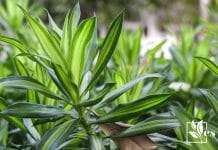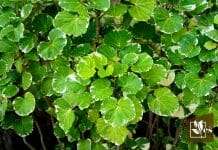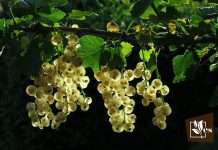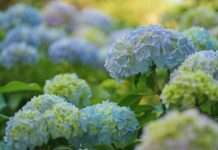Bushes that attract flies are often found in well-established gardens beside plants that attract more friendly creatures. A garden teeming with life is just so refreshing to look at — until it begins attracting critters you don’t like.
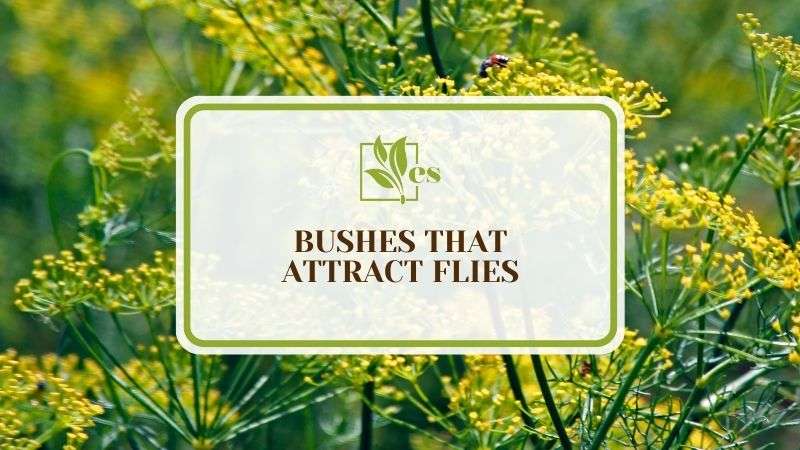
In this article, we’ll be showing you the plants and bushes that attract flies the most, as well as other factors to consider when you have an infestation on your hands.
You’ll also learn about several techniques that you can use to ensure your garden is free from flies and pests.
JUMP TO TOPIC
What Bushes Attract Flies?
When it comes to bushes, the Euonymus species is the only family of popular garden options that has the distinction of being a fly magnet. These are specific seasonal or year-round plants that attract flies.
These outdoor plants that attract flies make the garden unsightly because they will not only attract just one fly but instead tens or even hundreds of them. You’ll find so many flies on bushes or hanging out on the leaves, or flies in bushes hiding under the leaves of plants that are not hit by direct sunlight.
Plants and bushes that draws flies usually have a suitable surface area where flies and insects can rest and cling on. They provide shade and protection; hence insects keep on coming back. Another factor why some bushes or plants specifically attract flies is because of the scent they emit, which makes them an irresistible area to hang out on.
What Plant Species Attract Flies?
Sunflower plants, fennel and daisy are also known to attract flies. Aside from the broad family of Euonymus, these plants are also favored by flies more than others. This might come as a surprise because some of these plant species are beautiful and unassuming, yet they seem to be the worst magnets for flies.
– Sunflower
First on our list is the perennially popular sunflower, or Helianthus annuus. These joyful-looking flowers that love basking in the sunlight are one of the main species that attract flies because of their flowers and leaves.

Aside from flies, it also attracts predatory wasps and other pests, including hoverflies that consume pollen and nectar. In addition, aphids are also known to love hanging around sunflowers.
– Fennel
The delicate fronds and blooms of this member of the carrot family have been proven to attract a considerable amount of flies, especially during their blooming season.

Despite being petite and near the ground, unlike shrubs and tall plants, fennel is a favorite of flies.
– Daisy
Daisies, like sunflowers, are also outdoor plants that attract flies and other insects.

This is because daisies share a lot of similarities with the sunflower and different aster varieties, except that it is typically a smaller flower plant.
– Dill
There is something about the dill that drives flies and other insects crazy. It has even become a well-known fact that when you have a dill plant, flies will be following shortly.
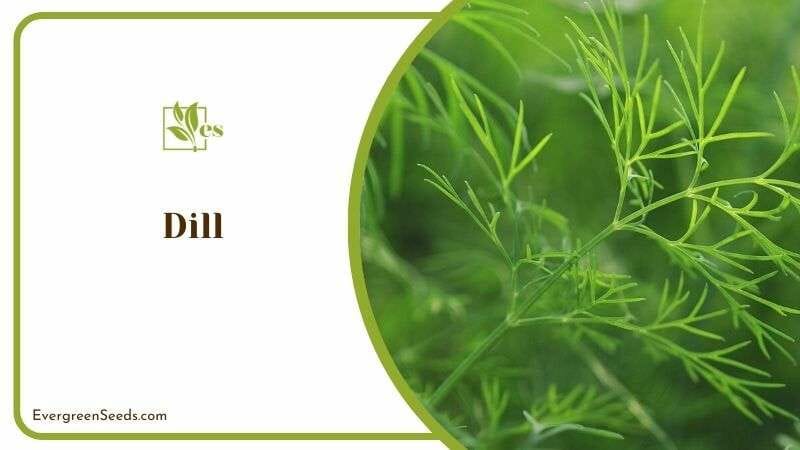
As a popular herb, it is not surprising that insects fall for this fine-smelling plant as well.
Other Factors
Aside from the inherent characteristics that make a particular plant family attractive to flies, there are other things to consider when flies invade our gardens. If you have one of the plants mentioned above, that can be a primary contributing factor. However, you may also want to check on these considerations.
– Poor Soil Quality
Poor soil quality can bring flies and other unwanted insects into your property.
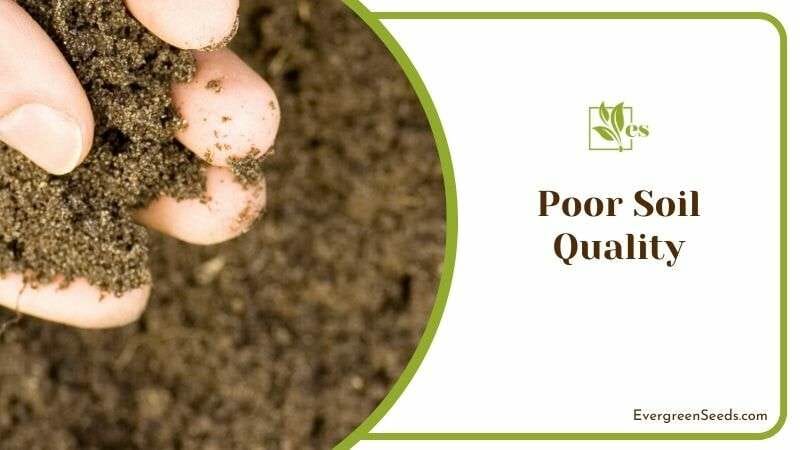
What may not be conducive to your plants may be the perfect environment for flies and other pests to breed. So make sure to pick the right soil type to avoid having that kind of issues.
– Overwatering
Overwatering not only compromises your plant’s health but the environment of your garden as well. Overwatering establishes excessive moisture that makes a fantastic place for flies and unwanted microorganisms to grow.
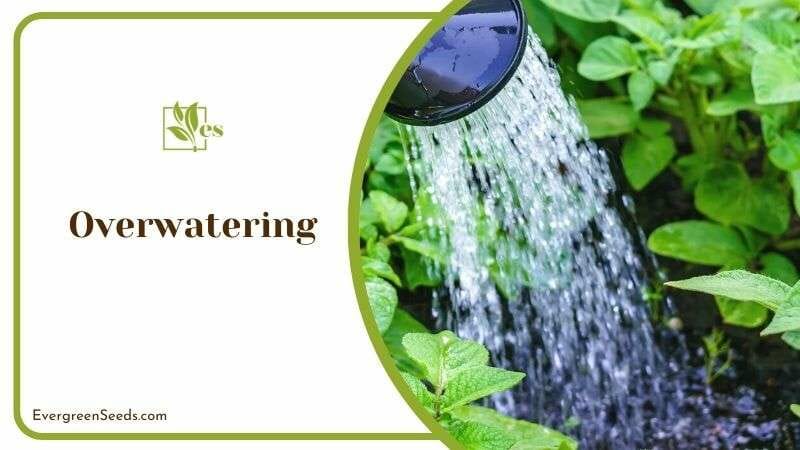
This situation can create more problems such as bacterial infestations that can compromise the health of the garden plants as well as the residents of the property.
– Decaying Matter
This one is pretty obvious. Decaying matter can be anything from critters that died within the property and have been left there to rot, unattended garbage with kitchen waste or spoiled food, or even plant matter that has attracted pests. Decaying matter attracts flies because this is something they live for and can detect even from far away.
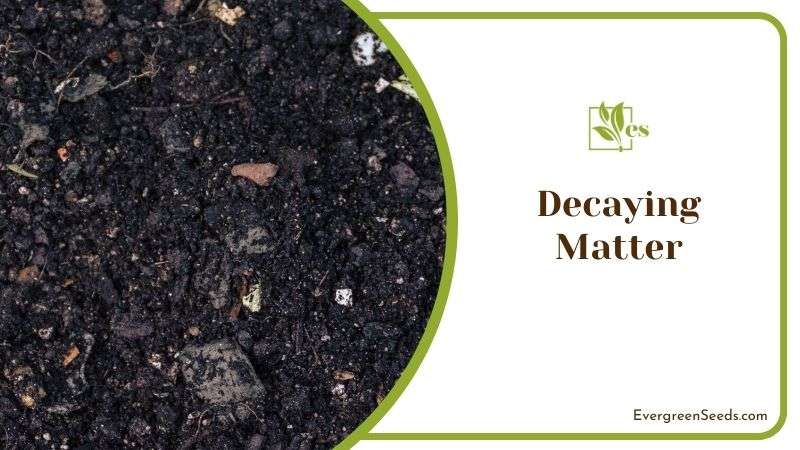
These factors heavily influence what already exists in the garden or indoor potted plant setup and the short or long-term effects they can cause. As garden owners or plant parents, it is our responsibility to look after our plants because we might be dealing with an insect infestation right under our noses.
Possible Solutions and Interventions
While the affinity of flies to particular plants cannot be reversed, there are several solutions that you can do to somehow alleviate, if not totally eradicate, flies from invading your property, especially if the plants we mentioned above are something you want in your home garden.
– Clean Garden
This is one of the fundamentals of having a healthy, long-lasting indoor or outdoor garden. When a garden is clean and properly maintained, it reduces the possibility of infestations or invasions of insects or microorganisms.
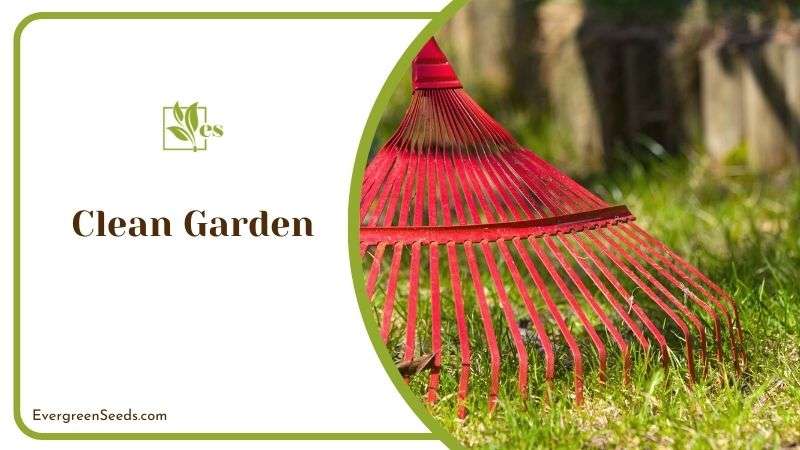
It is also a rather relaxing practice to tend to your plants with the care and attention they deserve.
– Clean Home
Aside from a clean garden, a clean home is essential to prevent flies from moving in. Make sure that your trash is properly disposed of, with the bins and trash cans closed to avoid attracting not only flies but also rodents and other insects like roaches.
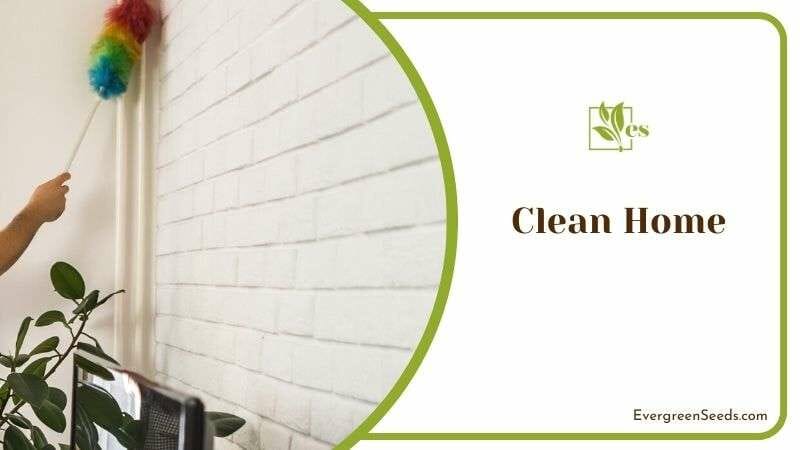
Maintaining a clean home is an essential step in ensuring that pathogens carried by flies will not cause any illnesses to your family members – and this begins with you.
– Always Inspect Your Plants
Aside from maintaining cleanliness, you should also devote time to inspecting your plant’s leaves for any developing infection or infestation that can further lead to the arrival of pests like flies.

Aphids, for example, can aggravate flies and hornet infestations, so it would be best to fix these issues before they get worse.
– Use a Natural Fly or Insect Repellent
Due to the demands for gardening and indoor plant services and supplies, natural fly and insect repellents are becoming more and more accessible in the market. They are made from non-toxic chemicals that work to keep insects away and our plant babies healthy.
What is Euonymus?
Euonymus is a well-known family of garden shrubs that are popular because of their brilliant foliage, especially during the autumn season when their green leaves turn into breathtaking scarlet.
It is a family of shrubs traditionally gathered to be used as spindles connected to machines used for spinning wool, and it was only recently where the plant family began to be revered for its aesthetic value.
Its diversity is very much welcomed in almost every garden in the countries that go through the four seasons. However, some Euonymus species, such as the Euonymus alatus or the burning bush, are notorious for being invasive in the United States.
For some reason, there is something about this shrub family that attracts flies more than any other plant family. Euonymus japonicus, for example, is a lovely addition to any garden because of its delicate blooms whenever in season.
These blooms, however, eventually become covered in flies, which are not directly classified as pollinators because it is not their job to spread pollen, unlike bees or even butterflies. Something about the physical and chemical attributes of these plant species makes them a premium choice for flies.
What Are the Disadvantages of Having Flies in the Garden?
There are two main disadvantages of fly infestations in a residential garden. First, they are unsightly and will spoil your garden’s appearance, especially when there is a considerable amount of pests.
The second disadvantage is that flies carry a lot of pathogens and other microorganisms that can trigger allergies or diseases because we have no idea where their tiny legs have landed. They could have been frolicking in trash cans or excrement, and those are definitely loaded with bacteria that can compromise your and your family’s health.
Another minor disadvantage when flies regularly pay you a visit is that insects who prey on flies will also inevitably join in, which, in turn, can lead to plant damage or further insect infestations.



